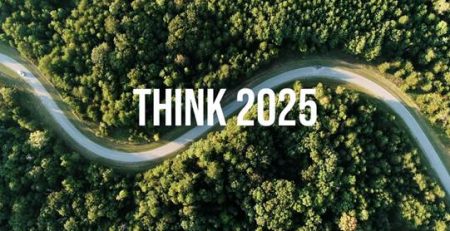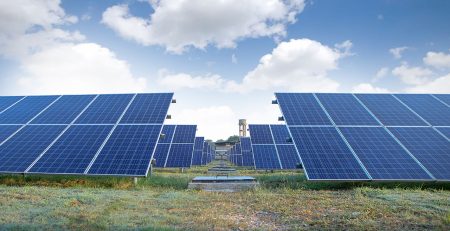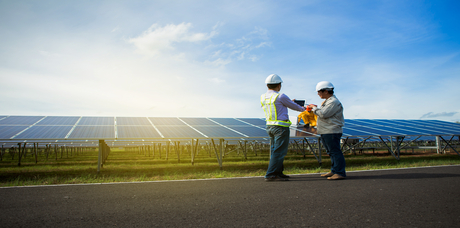OUR IMPACT
Commitment to SDGs
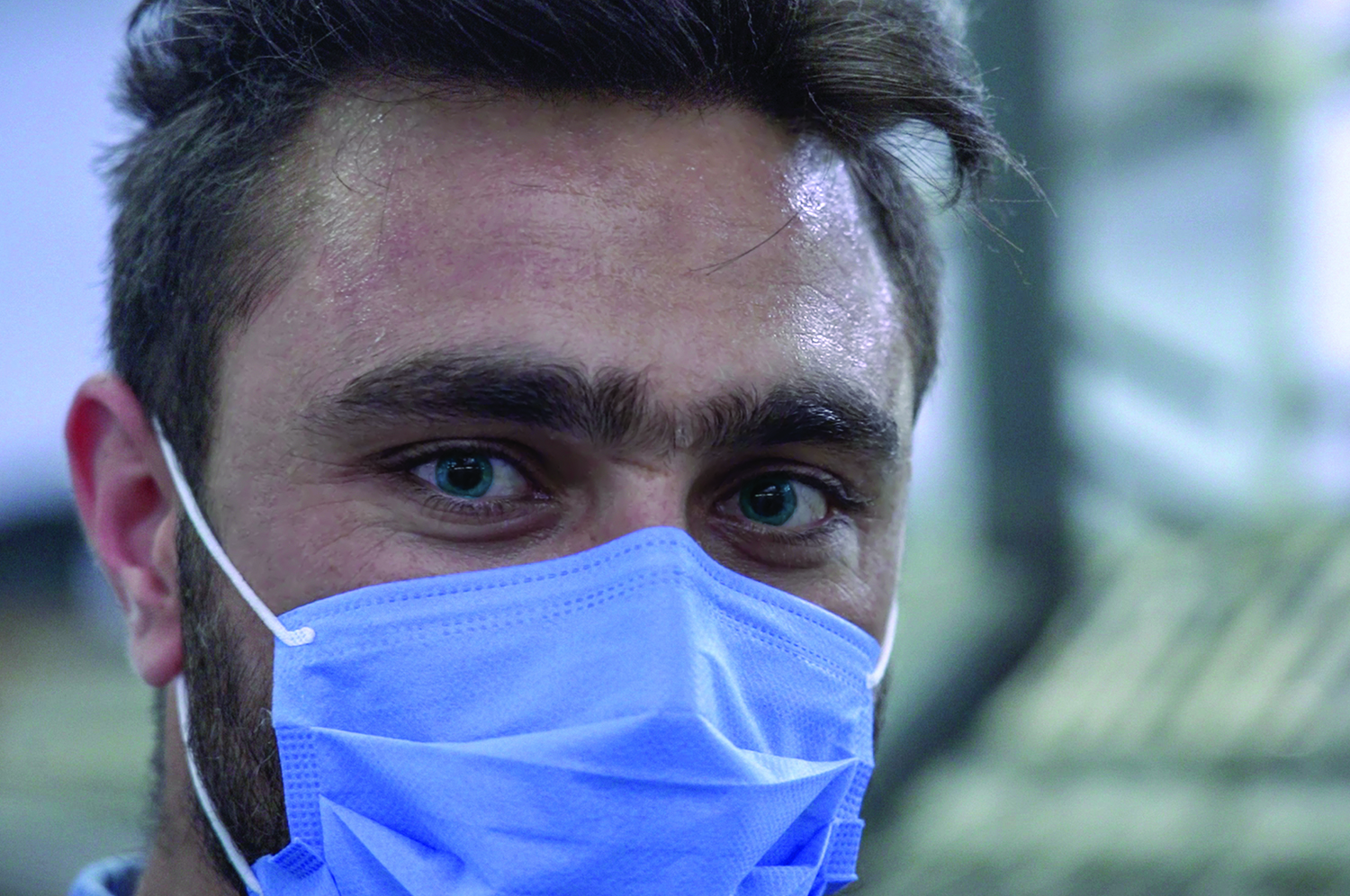
We aim to contribute to finding responses to global challenges like clean energy availability and affordability, climate action, quality education and industry innovation and infrastructure.
Our #Think2025 initiative is geared towards an inclusive, economically, socially and environmentally beneficial energy transition. The initiative was launched in 2018 and we are using it to accelerate momentum to enable conversations and actions for economic growth and improve livelihoods.
Our Current Contribution to the UN SDGs
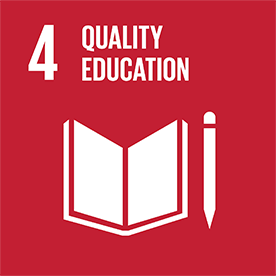
SDG 4: Quality Education
Promote inclusive and quality education to promote lifelong learning opportunities for all
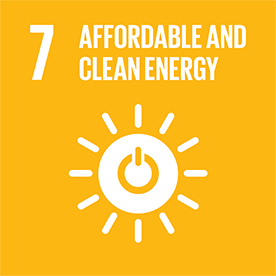
SDG 7: Affordable and Clean Energy
Energy is central to nearly every major challenge and opportunity.
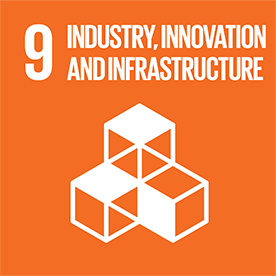
SDG 9: Industry Innovation and Infrastructure
Innovation and investments in infrastructure are crucial to sustainable development.
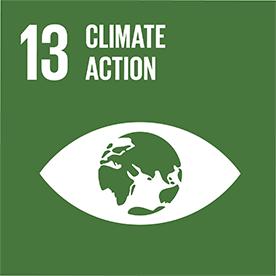
SDG 13: Climate Action
Climate change is a global challenge that affects everyone, everywhere.
SDG 4: Quality Education
Ensure inclusive and equitable quality education to promote lifelong learning opportunities for all
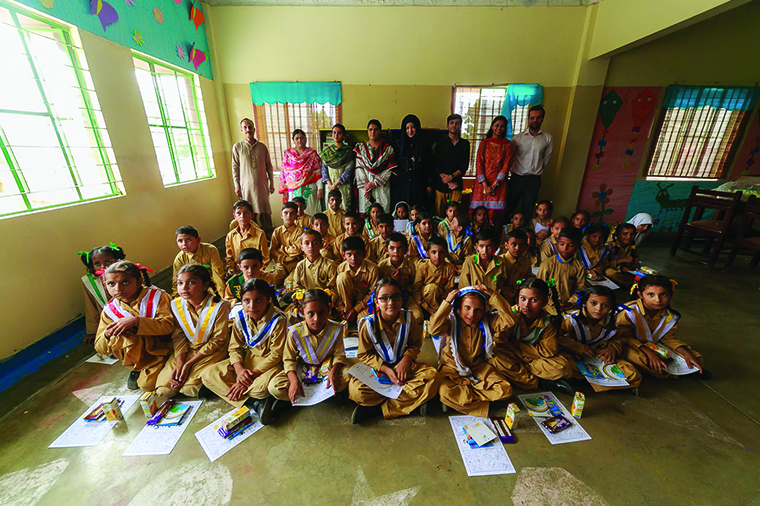
Reon through its impact wing undertook a pledge to power schools across Pakistan. A pilot initiative at TCF School Dada Bhoy Campus located in Malir, Karachi was conducted that showed positive impact on students’ enrollment and educational experience. Visit our Solar for Schools Electrification Program section to find out more.
Total Students
2850
Have benefited from
sustainable energy

SDG 7: Affordable and Clean Energy
Ensure access to affordable, reliable, sustainable and modern energy for all

The UN Sustainable Development Goal 7 targets substantial increase in the share of renewable energy in the global energy mix and double the global rate of improvement in energy efficiency by 2030.
Reon’s renewable energy share of total final energy consumption increased significantly between 2015 to 2020. You can find more about Reon’s progress and contribution over the years under Our History section.
Total Number of
Megawats
300MW
regions nationwide
Total Carbon
Savings
258,300

SDG 9: Industry Innovation and Infrastructure
Build resilient infrastructure, promote inclusive and sustainable industrialization and foster innovation.
As suggested by the UN SDG 9 to significantly increase access to information and communications technology and strive to provide universal and affordable access to the Internet in least developed countries by 2020; Reon indirectly has played a very substantial role in upgrading infrastructure for telecom towers while retrofitting industries to make them sustainable.
Reon since 2015, has provided efficient and clean energy to more than 2000 towers located in remote communities of Pakistan with some being inaccessible by cars. The energized telecom towers play a key role in connecting these previously isolated communities to the world. One such community is that residing on the Makran Coastal strip that runs all the way from Coastal Belt, Karachi up to Jiwani in the Baluchistan province. Visit our Customer Stories section to find out more about our experience.
Total Number
of Towers
4550
Energized across 80
regions nationwide
Total Beneficiaries
5000
Received 24/7
communication access
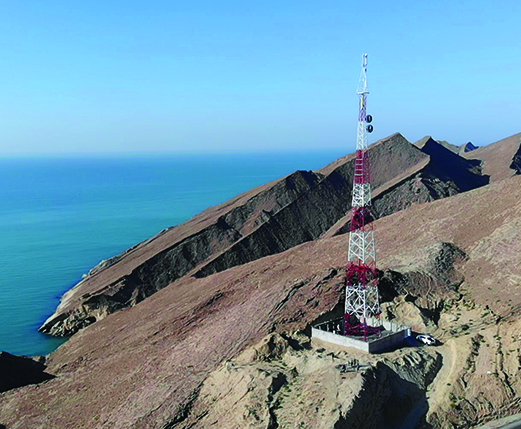
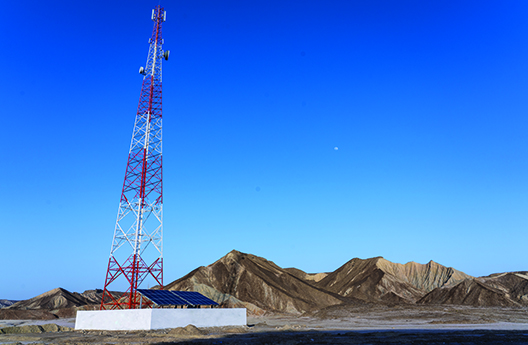
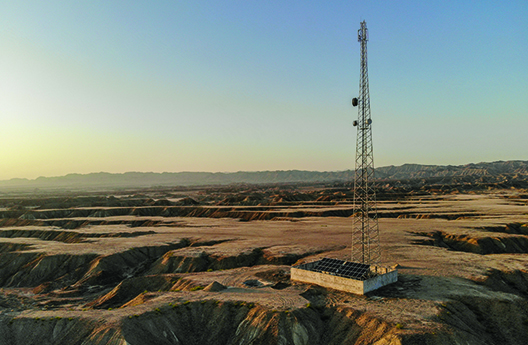
SDG 13: Climate Action
Take urgent action to combat climate change and its impacts
Reon is working towards improving education and awareness about climate related impacts through conversations and actions on both online and offline platforms. This is geared towards building human and institutional capacity on climate change mitigation, adaptation, impact reduction and early warning.
The Climate Literacy sessions were introduced in 2018 which were subsequently followed by Think 2025 Dialogue in 2019. You can find out more about these under the Knowledge Partnership section.
Privacy and Terms of Use
The policy discloses the privacy
practices and terms for Reon’s website.




